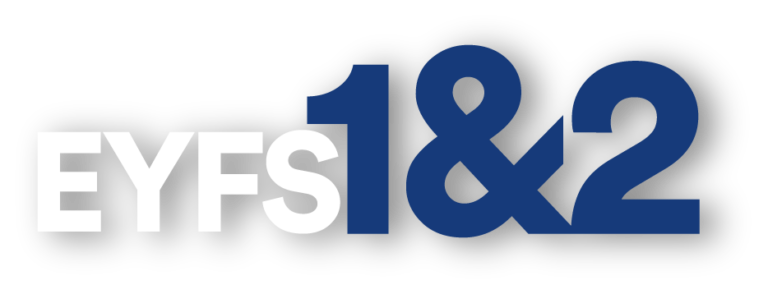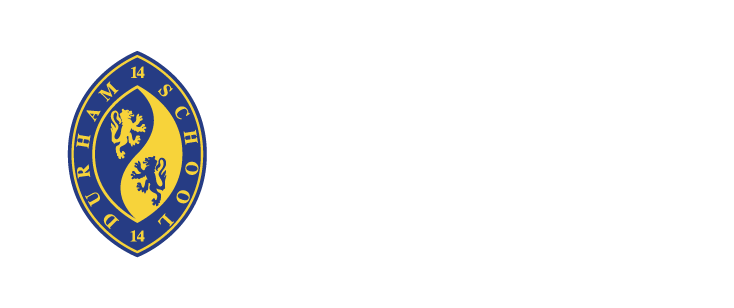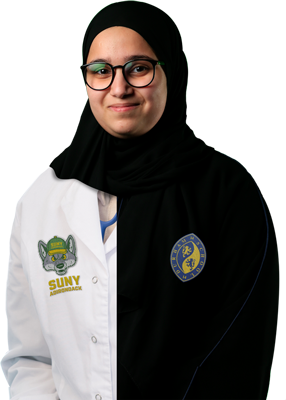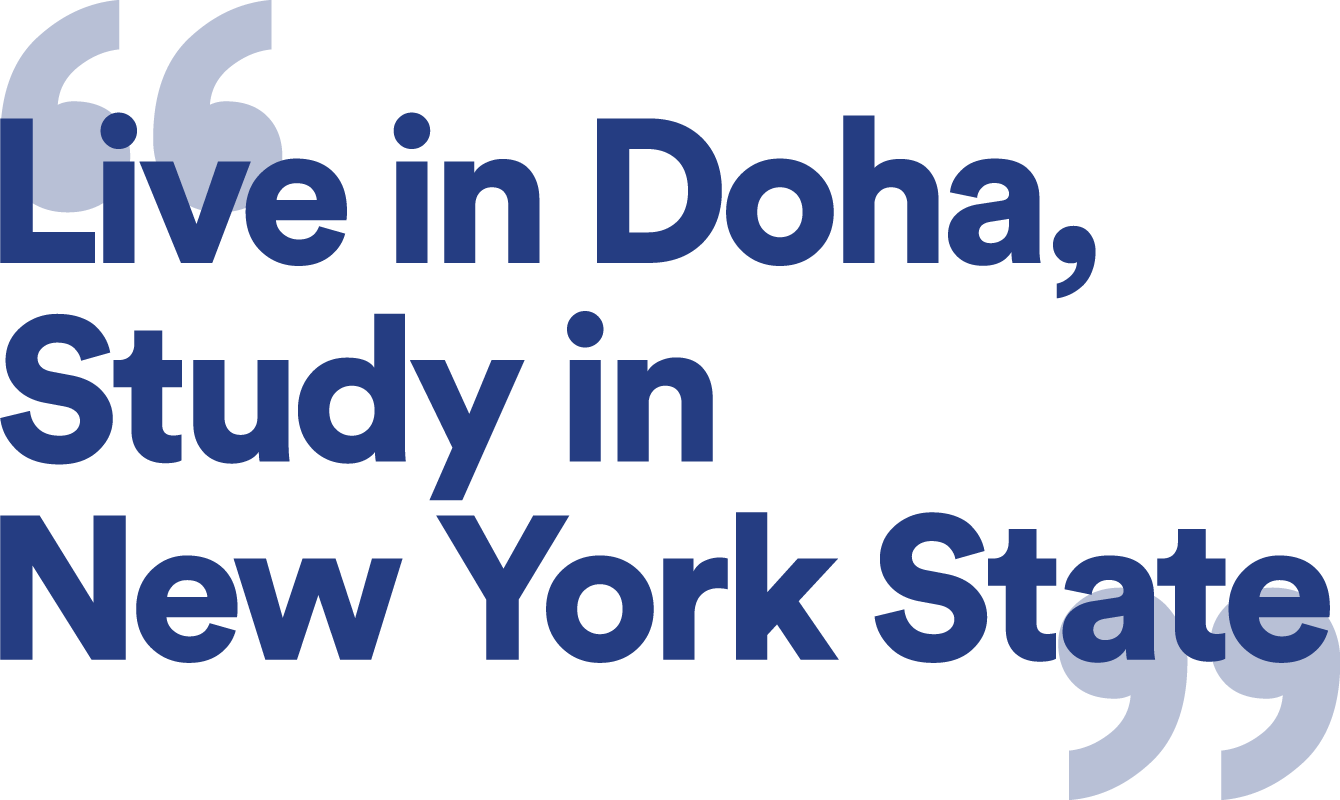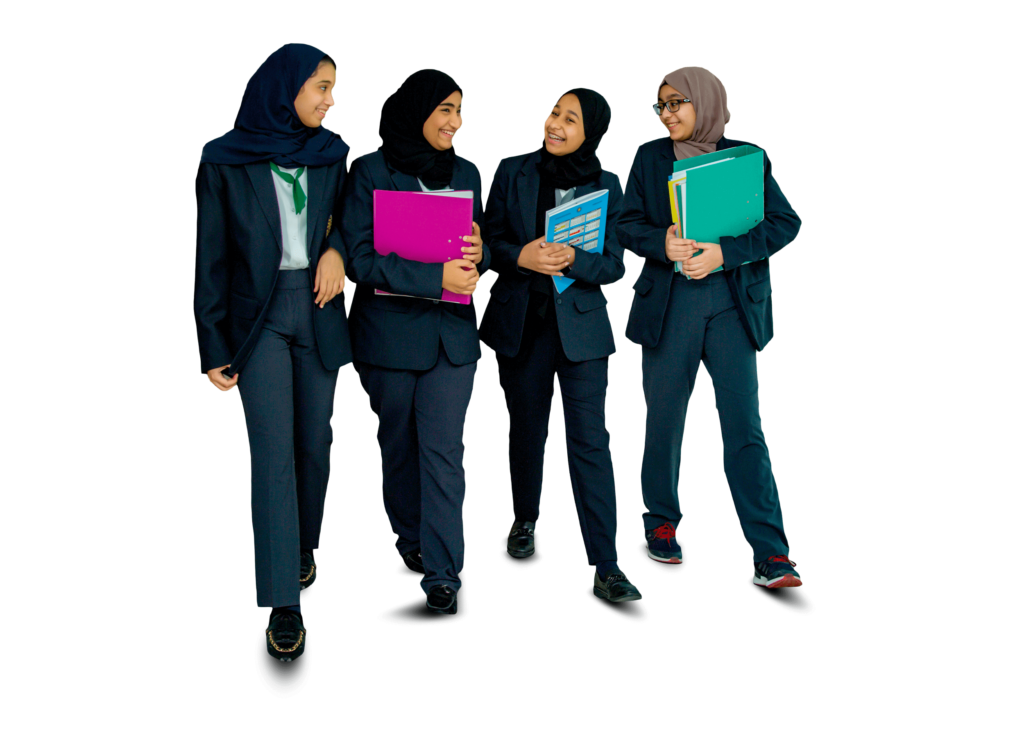
What We Do?
Durham School for Girls Doha aims to inspire a lifelong appetite for learning in a caring environment that will develop emotional, moral, and spiritual strength for future leaders. With the Qatari National values and identity as our guiding path, we match the British Curriculum with local culture, traditions, and beliefs. We ensure that the girls’ academic and pastoral development is in line with both the British curriculum expectations and the 2030 vision for the future of Qatar where women will play a fundamental role.



ACADEMICS.
1. Curriculum
The British Curriculum is a highly structured curriculum designed to meet all students’ needs—challenging brighter children and providing support to those who need additional help through differentiated teaching and learning activities. It focuses on a breadth of knowledge across various subjects, guiding children towards globally-recognised GCSE & A Level examinations. Throughout the British Curriculum, there is a focus on core subjects, such as maths, English, and science. As children progress through their education, they are able to narrow subject areas, which allows them to excel in areas in which they have higher interest and ability. In the Primary years, the curriculum remains as broad and balanced as possible, with a strong focus on child-centred learning. Teachers continually assess and adjust plans as they teach to meet the needs of their pupils.
The British Curriculum structures learning in a way that guides students through a variety of subjects including not only ‘core’ subjects such as maths, science, and literature, but also the arts, humanities, and more. Starting in the early years, students focus on the fundamentals of their subjects, and as students progress, the curriculum dives deeper into these subjects, exploring not only the more nuanced and complex aspects of the subjects, but also how they relate to other areas of study. Unlike other systems, the British curriculum planning is not fixed. Teachers adjust their plans to meet student needs, understanding what must be covered by the end of the key stage. The British system is organised in well-defined blocks known as ‘Key Stages’. The first stage is the Early Years for students from 2 years old through 5 years old. Once the student enters primary level, they start with Key Stage 1 (KS1), from ages 5 to 7, before moving on to KS2, which lasts from age 7 to 11.
Unlike other systems, the British curriculum planning is not fixed. Teachers adjust their plans to meet student needs, understanding what must be covered by the end of the key stage. This allows our teachers to use the rich environment of Qatar through topics and trips to enhance learning with real examples from Qatar making the topics relevant and personal to our girls.
After completing the primary Key Stages, students begin the secondary stages with KS3 and KS4, which are for ages 11-14 and ages 14-16, respectively. Students who plan to continue to university may then begin the pre-university KS5, where they will study from age 16 to 18. Since the stages are explicitly defined and students are assessed at the end of each Key Stage, the stages provide a simple, clear overview of the progress a student has made. Many schools around the world offer the British Curriculum. Though not compulsory, the British Department of Education does offer a voluntary accreditation scheme for British Schools Overseas (BSOs). These schools must follow specific guidelines and maintain a certain level of quality to maintain their prestigious accreditation and ensure their students’ education is up-to-date and transferable
Islamic Studies is a core subject for Muslim students enrolled in Durham School for Girls Doha. It is a compulsory subject for all Muslim students from Grade 1 to Grade 12.
In Islamic studies, we cover the main Islamic rules such as the pillars of Islam and the pillars of Faith. We also concentrate on reciting and memorising verses of the Holy Quran. The Girls learn the etiquette of being a good Muslim and how to adapt what they learned in their life.
The Islamic teaching Curriculum intends that students will be able to understand and receive the teachings and life example of the Prophet Muhammad SAW and his Companions and to practice and appreciate Islam as a total way of life. We aim to convey the message of Islam through innovative methods, strategies and techniques in accordance with current needs.
Arabic is one of the oldest languages in the world with a wealth of knowledge that Archeologists to this day are still trying to uncover. Importance of Arabic has roots going back as far as the sixth century. The Middle East has a rich storytelling history that has produced some of the most significant contributions in such areas as mathematics, navigation, astrology, and architecture.
Islamic Studies has become a subject of strategic importance in our multicultural society
Islam is a way of life for Muslims, not simply a belief. In order for Muslims to grow up living their life in the Islamic way, they must learn and practice Islam from a young age. Rather than a child living his life believing or practicing something wrong, formal Islamic education enables a child to learn about Islam from properly trained teachers and from reliable resources provided for them.
In the Early Years (ages 3 to 5), learning is play based. Children acquire their first notions of numeracy and literacy through active, playful activities. By the end of the Early Years, most children have acquired basic reading and number skills and a grounding a second language.
Assessment at this key stage is through on-going formative observations leading to a professional judgement as to whether the child is working towards, meeting or exceeding the Early Learning Goal (ELG)
In the Primary school (ages 5 to 11) the focus is on learning good fundamental Maths and English language skills. Science, Technology, Humanities and Art are covered as multidisciplinary topics or themes and through projects.
Assessment at this stage is through on-going formative observations and feedback against the learning objectives leading to a professional judgement of whether the child is working towards, meeting or exceeding the age-related expectations for their particular year group. In addition, a number of formal national assessments take place at various stages. The Year 1 phonics screening check (repeated at Year 2 if the child does not meet the required pass mark) the Year 4 multiplications check as well as Standard Assessment Tests at the end of Year 2 (KS1) and Year 6 (KS2) all build to give teachers and parents an overall picture of how well the child is perfoming academically.
Being at Durham School for Girls means that we celebrate being in Qatar and we celebrate the culture and religion of our students. National Sports Day in February and National Day in December are highlights of the school calendar and the Mums of Durham support and guide the school in local traditions and celebrations.
There is no compromise regarding who are students are, even though they are studying the British curriculum. We expect the girls to uphold their own customs and beliefs, and this includes such things as the Qatari National Anthem played every morning before school and of course, prayer.
Girls in Primary are taken to the prayer rooms to celebrate prayer and are accompanied by an Arabic member of Staff. Daily prayer in Secondary is held 1pm daily, we firmly believe that the girls should see prayer as an integral part of their day, at school and at home. Both academic and support staff are invited to join the girls in prayer.
Children have participated in the National Quran reading competitions and events held by the National Library and Museums.
Our after-school activities include Quran reading, Arabic Story time, Arabic Drama and Arts and traditional crafts
The curriculum in lower Secondary (ages 11 to 14) is more subject based and aims at building student’s ability to work independently and think critically. At this stage, the emphasis is on exposing students to opportunities in a wide range of subjects so that they can begin to form ideas of where their interests lie. Assessment at this stage is through on-going formative observations and feedback against the learning objectives leading to a professional judgement of whether the child is working towards, meeting or exceeding the age-related expectations for their particular year group.
In addition, a national assessment takes place at the end of Key Stage (KS)3. Upper Secondary students follow iGCSE (ages 14 to 16) and iA/S-Level (age 16 to 18) courses. At iGCSE, students study English, Maths, Science and Arabic plus an additional three subjects from a selection. At iA/S Level students specialise further and chose three or four subjects from a range of options. In addition, at Durham School for Girls Doha we offer dual-credits with the State University of New York.
The British curriculum will be right for your child if you value education as a journey, not a destination. British curricula schools seek to inspire young people to want to develop their skills, and assessment is often based on what students ‘can do’ as opposed to what they ‘know.’
Pupils are encouraged to develop critical thinking and problem-solving skills as well as think creatively and develop socially rather than merely memorise and recall facts.
This approach supports Qatar Vision 2030 by equiping our girls to develop enquiring minds and participate fully in political and economic spheres, especially in decision making roles.
2. Dual Enrollment

3. Key Stages
From our EYFS classes right through to Years 12 and 13, we work on positive mindsets, constructive feedback, mentoring and coaching through our buddy and house systems and student counselling. We celebrate each individual and their achievements and we challenge our Girls to work hard, try their best and be positive about themselves.
